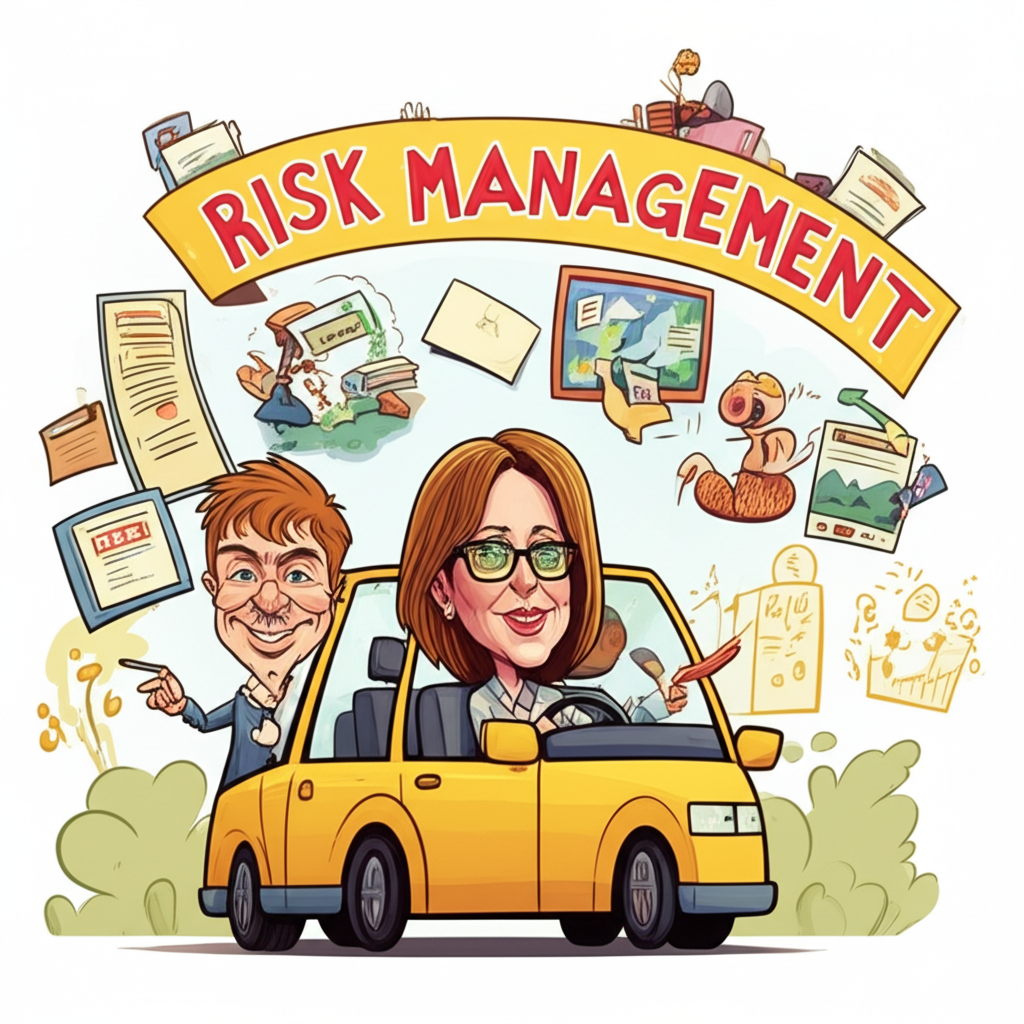
Okay, buckle up, buttercups, because we’re diving headfirst into the glorious, terrifying, and occasionally hilarious world of financial stress. Prepare for a comedic rollercoaster ride through debt, budgeting, and the existential dread of checking your bank account.
Article 1: Adulting is a Scam: The Fine Art of Crying Over Your Bills While Eating Ramen
Okay, let’s be honest. Remember when we were kids and "adulting" sounded cool? Like, imagine paying bills! Ordering pizza whenever you want! Staying up past 9 PM! What a glorious, liberated future we envisioned!
Fast forward to reality, and "adulting" is less about pizza and more about realizing that pizza is a luxury you can’t afford because you just spent half your paycheck on rent for a shoebox apartment that smells vaguely of despair and questionable curry.
Financial stress is the defining characteristic of this whole charade. It’s the soundtrack to your sleepless nights, the flavor enhancer for your instant noodles, and the reason you automatically flinch whenever the phone rings (it’s probably a collection agency, right?).
Here are the stages of financial stress, as experienced by the average millennial (and honestly, probably everyone else):
- Denial: "Oh, I’m fine. I can totally afford that avocado toast. I’ll just…eat less tomorrow." (Spoiler alert: you won’t.)
- Bargaining: "Dear Lord, if I win the lottery, I promise to donate 10%… okay, 5%… fine, I’ll buy a lottery ticket for someone else! Just let me pay off my student loans!"
- Anger: "WHY DID I GO TO COLLEGE?! WHY IS EVERYTHING SO EXPENSIVE?! WHY IS MY CAT JUDGING ME FOR EATING RAMEN?!"
- Depression: (Stares blankly at bank account balance while listening to sad indie music.)
- Acceptance: "Okay, this is my life now. Ramen is basically a superfood. At least I have Netflix."
Survival Tips for the Financially Stressed:
- Embrace the power of the budget: Yes, it’s boring, but knowing where your money is going can actually reduce anxiety. Think of it as a financial roadmap, guiding you away from the cliff of bankruptcy.
- Become a master of the side hustle: From dog walking to selling your old Beanie Babies on eBay (yes, they’re probably worth something again, right?), every little bit helps.
- Perfect the art of the "free" date: Picnics in the park, museum free days, staring wistfully at expensive restaurants you can’t afford – the possibilities are endless!
- Find humor in the absurdity: Laughing about your financial woes is surprisingly therapeutic. After all, if you can’t laugh at yourself, who can you laugh at? (Besides your rich uncle, but that’s a different article entirely.)
Remember: You’re not alone. We’re all in this financial circus together, juggling bills and hoping we don’t drop the flaming torch of our sanity. So, grab a bowl of ramen, put on some funny videos, and remember that tomorrow is a new day…a day where you’ll probably still be broke, but hey, at least you have a sense of humor about it!
Article 2: Budgeting for Beginners: Or, How I Learned to Stop Worrying and Love the Spreadsheet
Budgeting. The word itself conjures up images of spreadsheets, deprivation, and the crushing realization that you spend more on coffee than you do on retirement savings. But fear not, dear reader! Budgeting doesn’t have to be a soul-crushing experience. In fact, it can be…dare I say…fun? (Okay, maybe not fun, but at least less painful than a root canal).
The Myth of the Budgeting Guru:
Let’s debunk the myth that you need to be a financial wizard to create a budget. You don’t need a PhD in economics or a secret handshake with Warren Buffett. All you need is a basic understanding of addition, subtraction, and the ability to resist the siren song of online shopping.
The "I’m Too Good for Spreadsheets" Approach:
Some people recoil at the mere mention of spreadsheets. They prefer the "winging it" approach to finances, which usually involves a lot of hopeful thinking and a healthy dose of denial. While this strategy may work for a while, it’s like driving a car blindfolded: you might get lucky, but eventually, you’re going to crash.
The Anatomy of a Basic Budget (with Humorous Analogies):
- Income: This is the money you bring in each month. Think of it as the fuel that keeps your financial engine running. If you’re self-employed, brace yourself for a rollercoaster of unpredictable income.
- Expenses: This is where your money goes. Categorize them into:
- Fixed Expenses: Rent, mortgage, car payments – the things you can’t easily change. These are the anchors holding you down.
- Variable Expenses: Groceries, entertainment, gas – the things you have some control over. These are the wild horses you need to tame.
- Discretionary Expenses: That daily latte, those impulse purchases, that subscription to "Exotic Cheese Monthly" – the things you can live without. These are the temptations whispering sweet nothings in your ear.
- The "Oh Crap" Fund: This is your emergency fund, your financial safety net, your get-out-of-jail-free card. Think of it as your rainy-day fund…which, let’s be honest, in the current economic climate, is more like a monsoon fund.
Tips for Budgeting Success (and Avoiding Budgeting Burnout):
- Start small: Don’t try to overhaul your entire financial life overnight. Focus on one or two areas where you can make a difference.
- Be realistic: Don’t set unrealistic goals that you’ll never achieve. It’s better to make small, sustainable changes than to try to become a financial saint overnight.
- Automate everything: Set up automatic payments for your bills and automatic transfers to your savings account. This will save you time and reduce the temptation to spend that money on something else.
- Treat yourself (occasionally): Budgeting shouldn’t be about deprivation. Allow yourself to indulge in small pleasures from time to time. You deserve it!
- Find a budgeting buddy: Misery loves company, and budgeting can be a lot more bearable with a friend. You can share tips, hold each other accountable, and commiserate over your financial woes.
The Bottom Line:
Budgeting isn’t about restricting yourself. It’s about empowering yourself to make informed choices about your money. It’s about taking control of your financial destiny and saying, "I’m the boss of my bank account!" (Even if your bank account is currently laughing hysterically at you.) So, embrace the spreadsheet, find the humor in the chaos, and remember that even small steps can lead to big changes. Now go forth and conquer your finances…or at least try to survive them. Good luck!



Post Comment